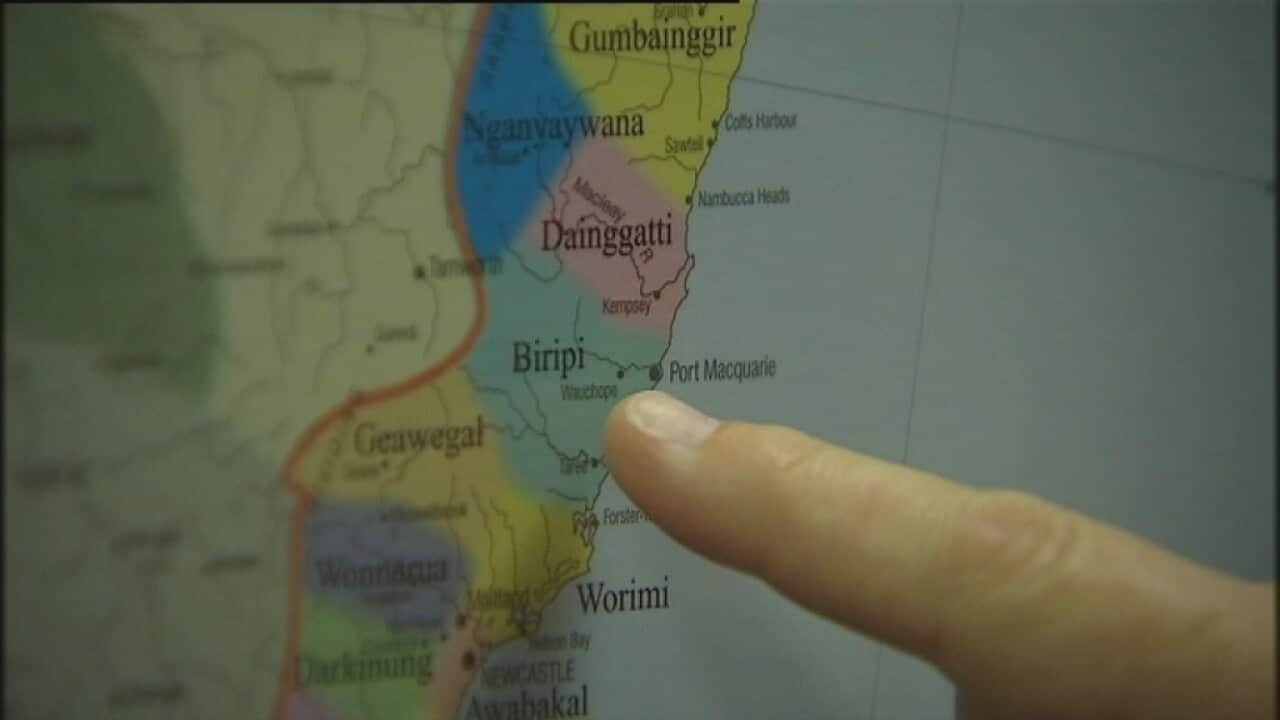Professor Ghil'ad Zuckermann said money needed to be invested in helping Indigenous Australians reclaim their native tongues.
"These Aboriginal people who suffered, whose language suffered linguicide, ought to receive compensation in the form of several millions of dollars put in a bank and used for revival purposes, for linguistic activities without competing for grants or fellowships," Mr Zuckermann said.
Professor Zuckermann has established the Barngarla Language Advisory Committee to involve community representatives from Port Lincoln, Whyalla and Port Augusta.
"They will decide where to have the revivals, how often to have the reclamation workshops, who will participate, who will get funding to travel from here to there," he said.
Compensation would not only reclaim and revitalise 232 lost languages, but also seek to restore the social health and well-being of Aboriginal people.
"The loss of language is the loss of everything, the loss of intellectual sovereignty, the loss of spirituality, the loss of the soul, the loss of cultural autonomy, it’s the loss of wellbeing, it's the loss of mental health," Mr Zuckermann said.
Professor Zuckermann spent the last year in South Australia reclaiming the Barngarla language and said at least 500 words were needed for restoration to be achieved.
He believed this restoration was vital to bringing awareness of Indigenous culture into Australian schools and the wider community.
"Teaching an Aboriginal language by Aboriginal people at schools in Australia - at every school in Australia - would be of great benefit to the Australian society," he said.
Professor Zuckermann will talk about the ethical, aesthetic and utilitarian reasons for language revival at the State Library of NSW in Sydney tonight.









